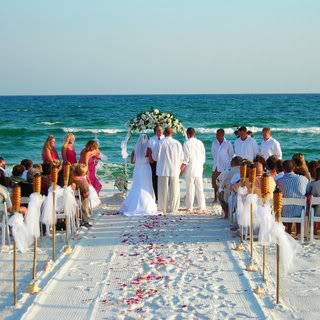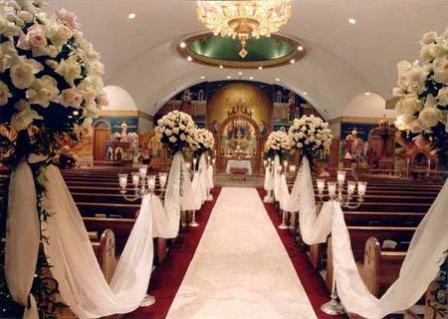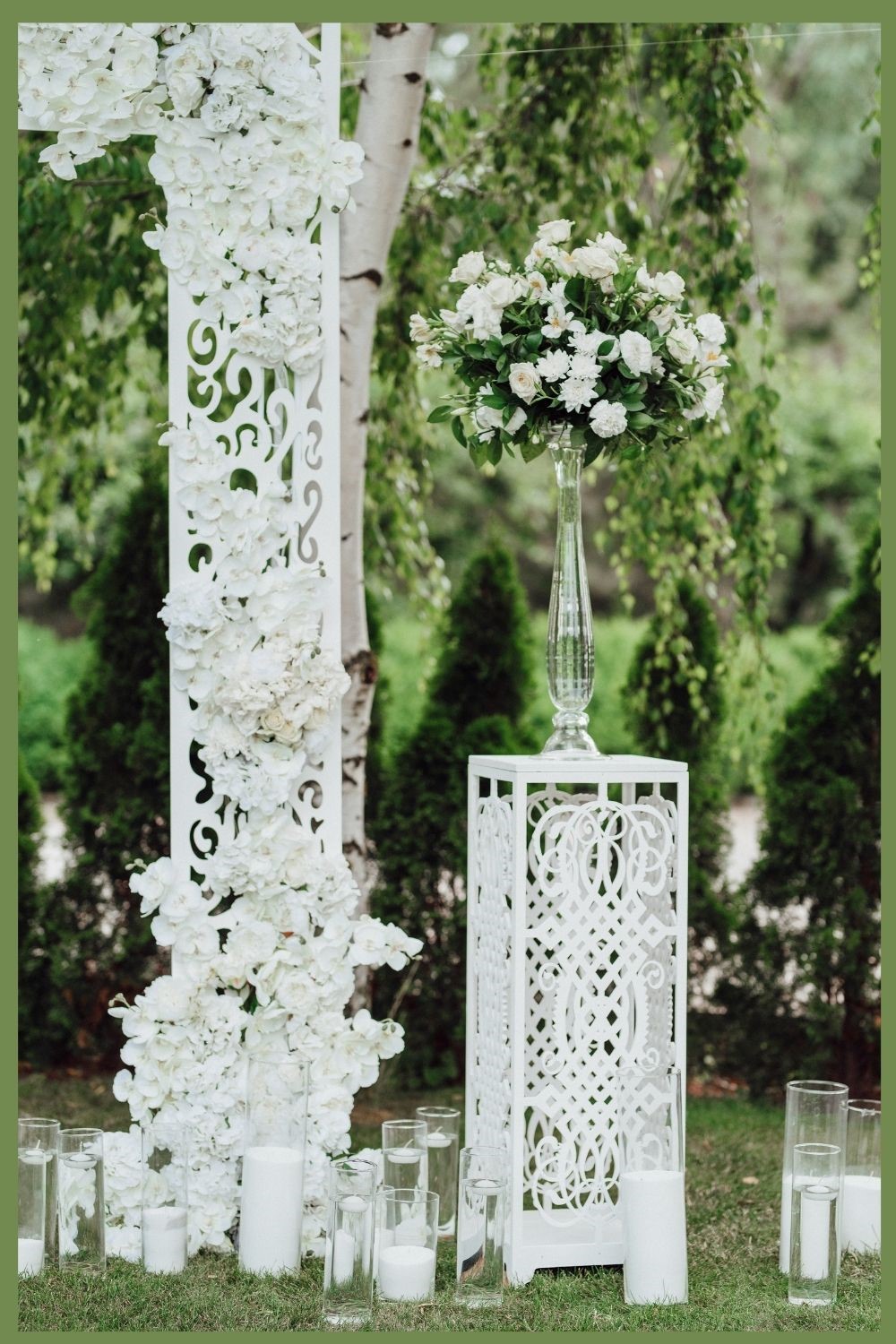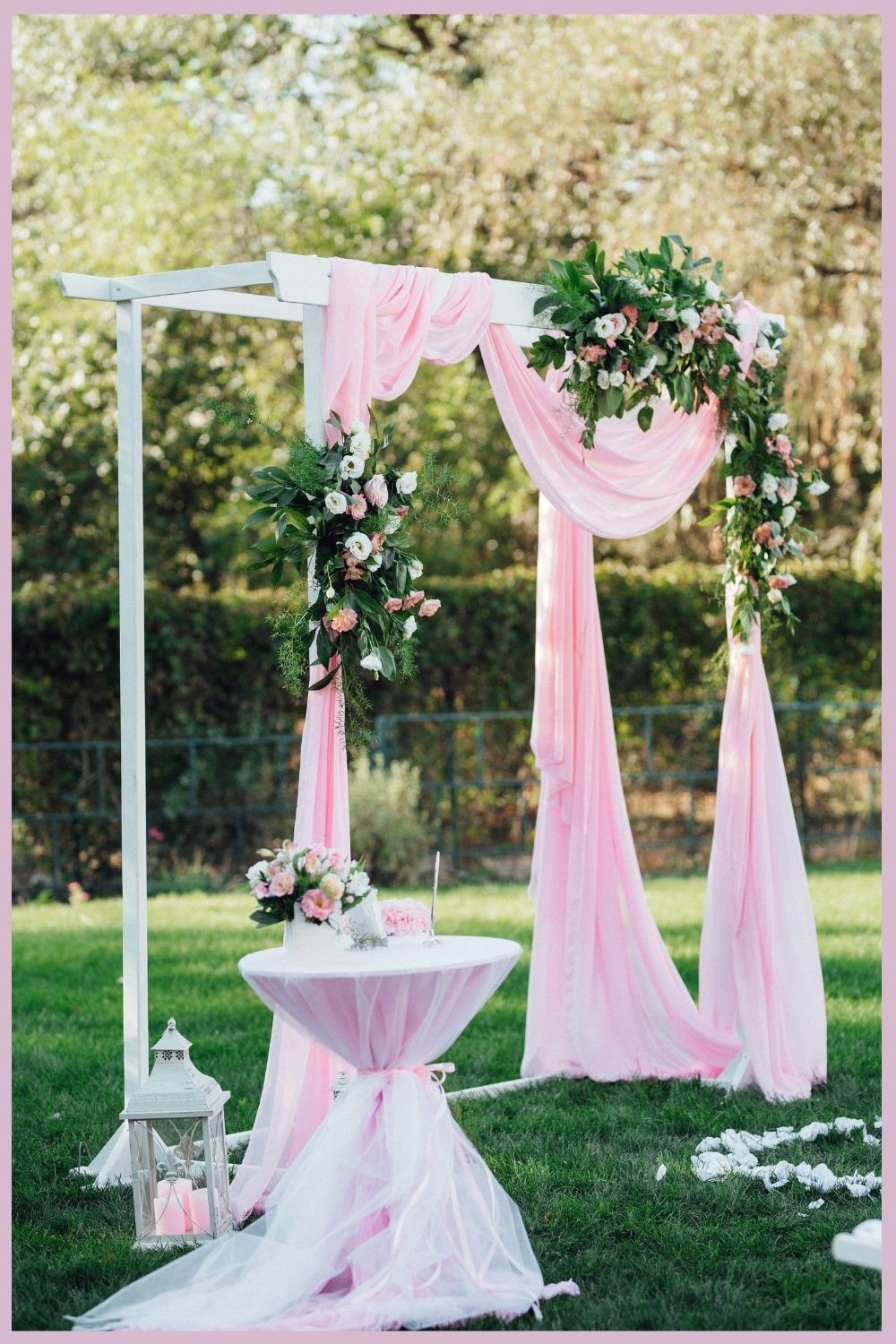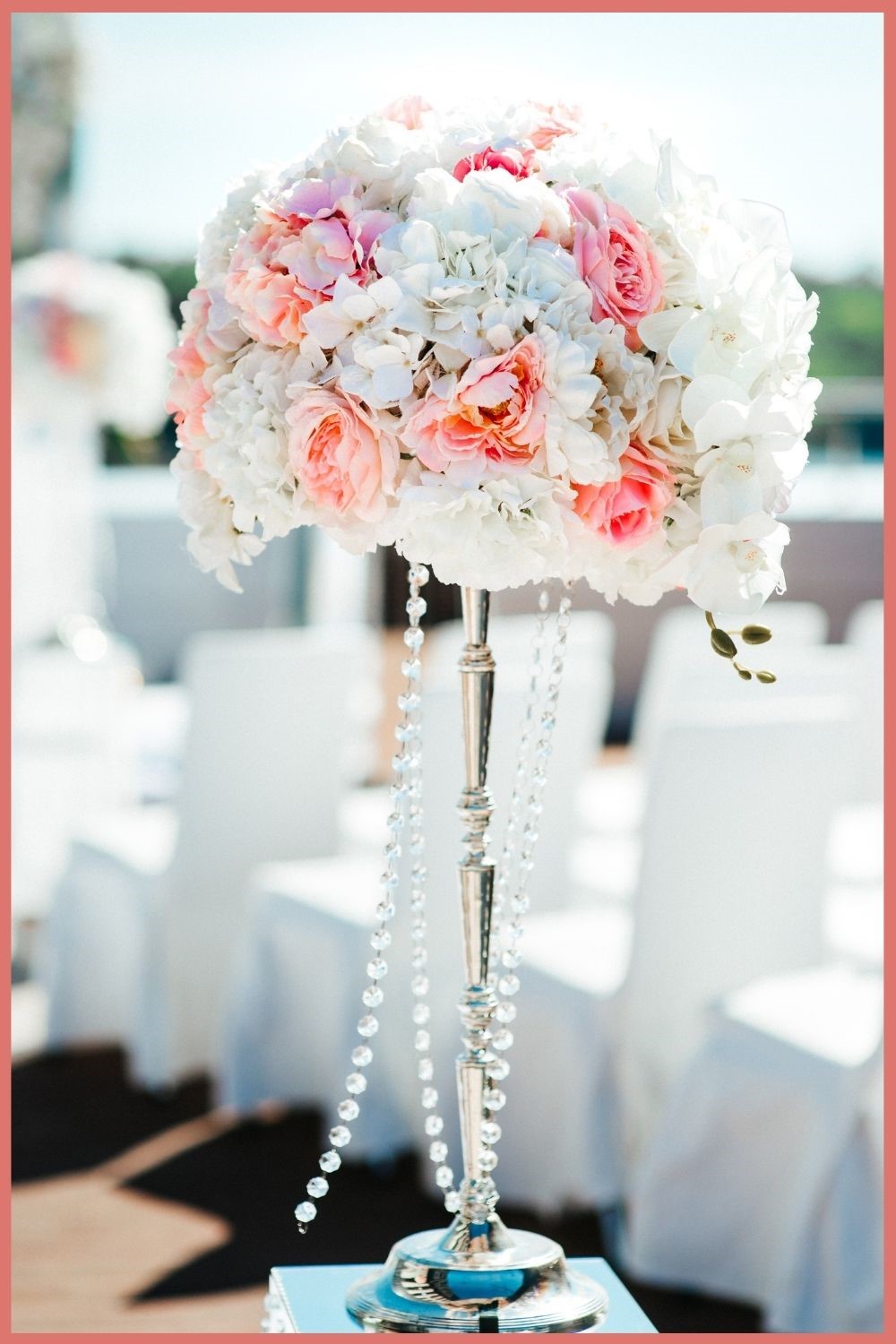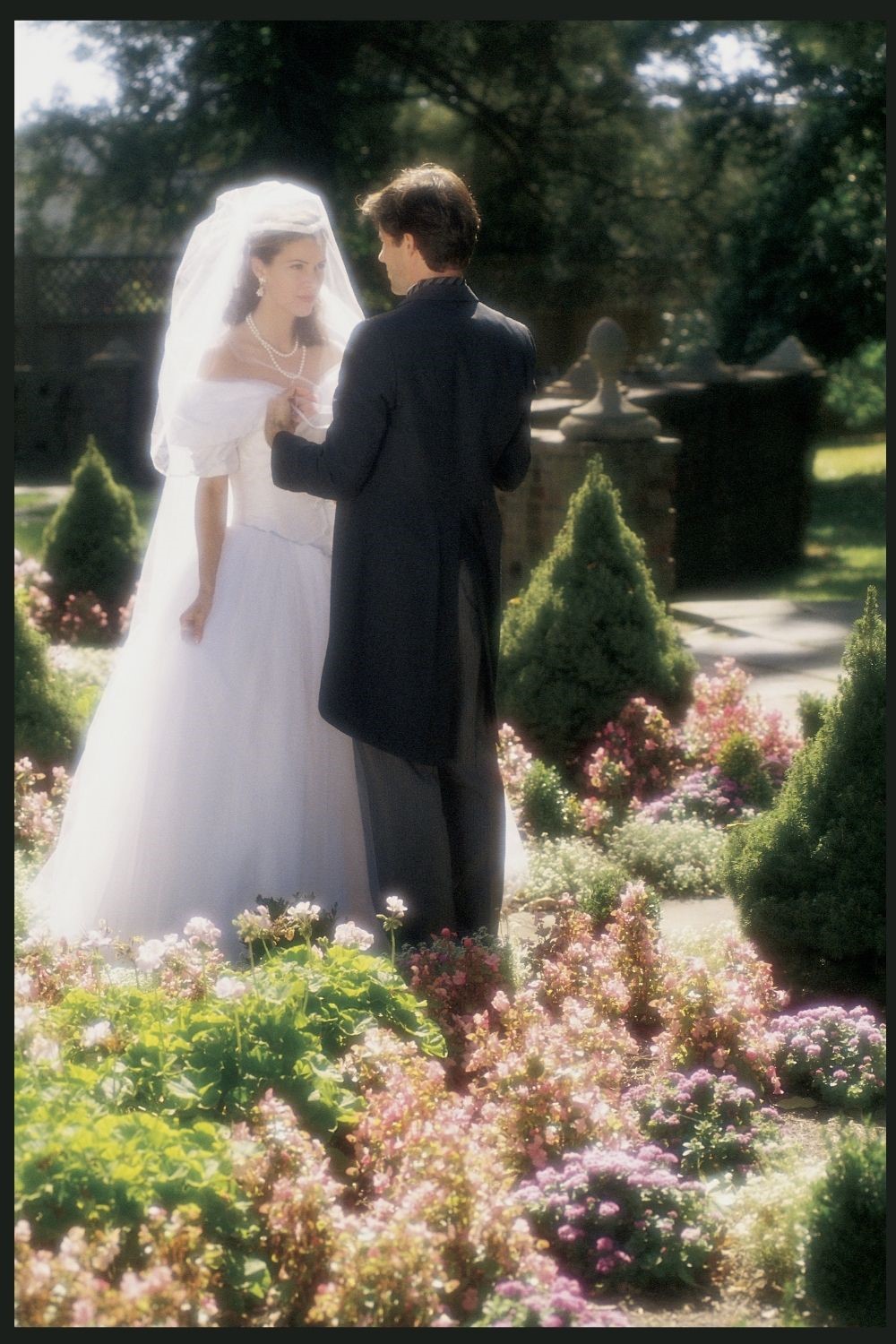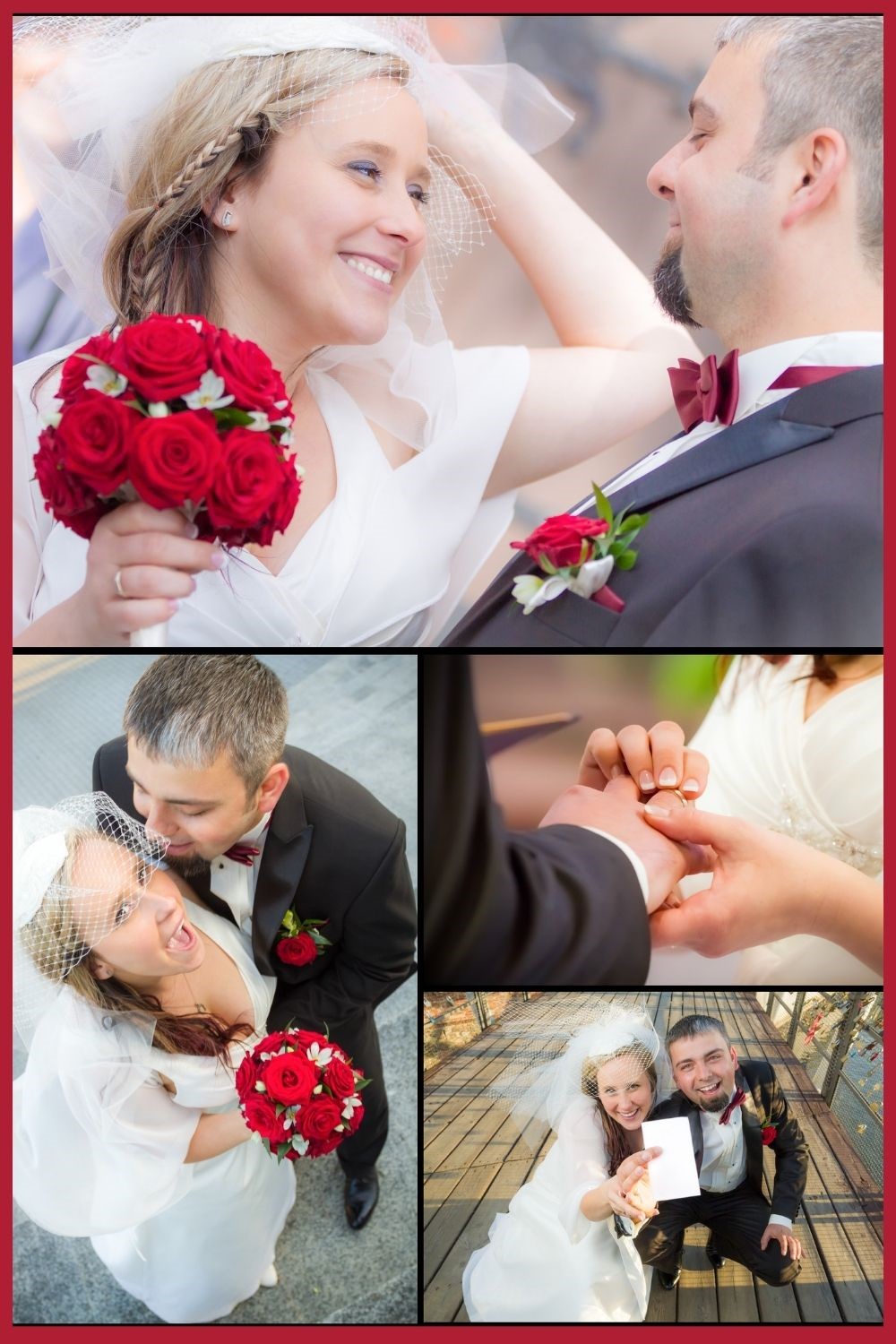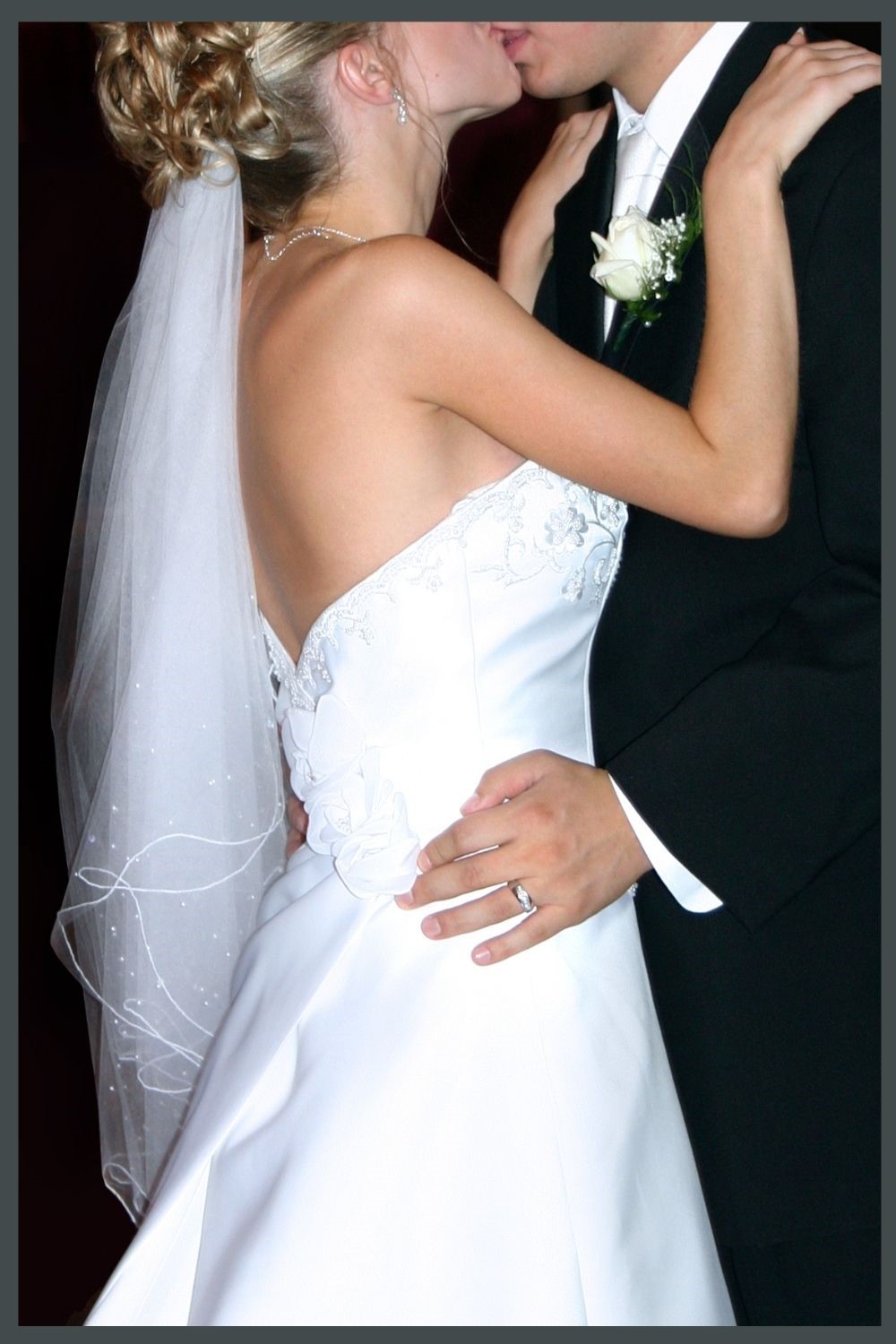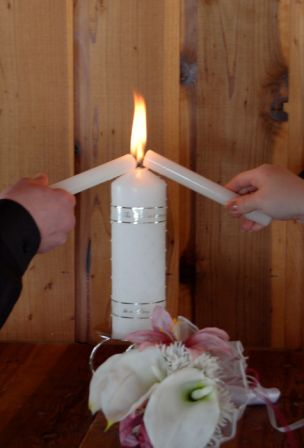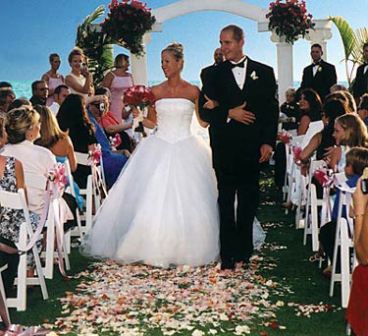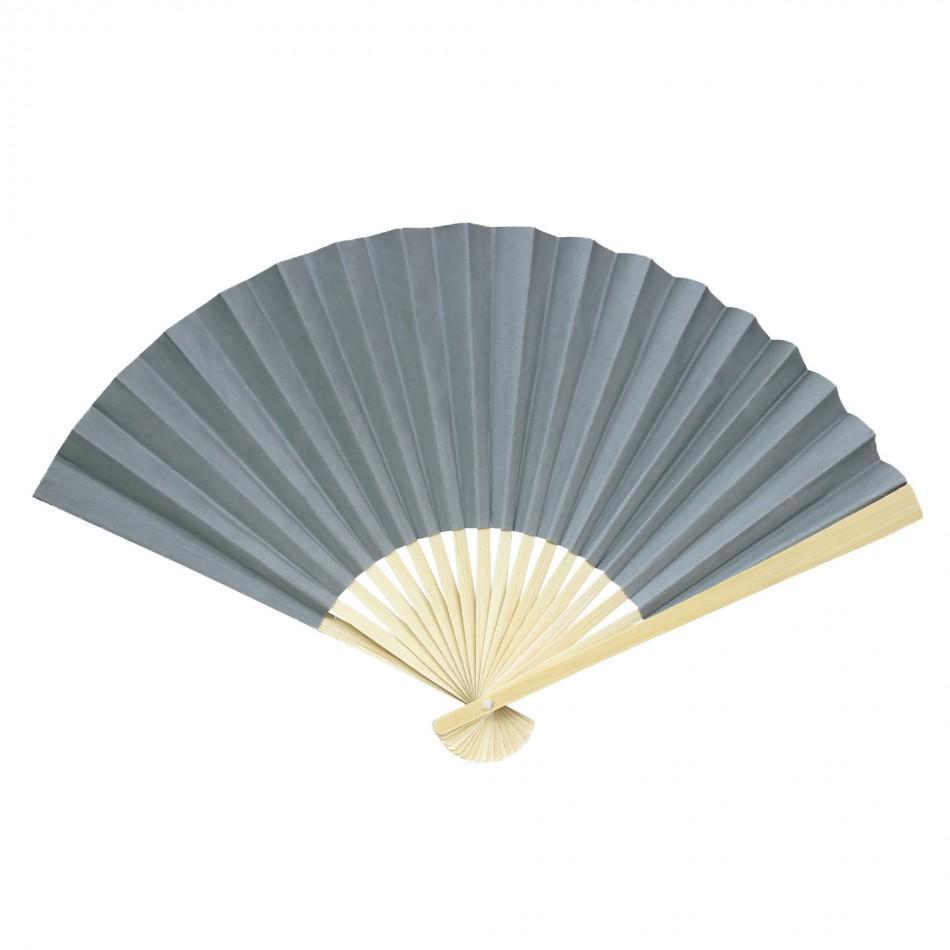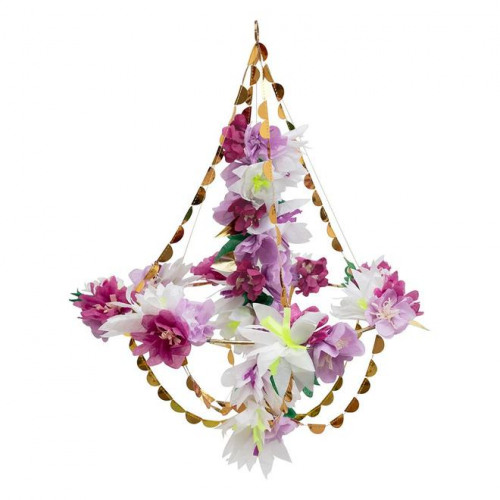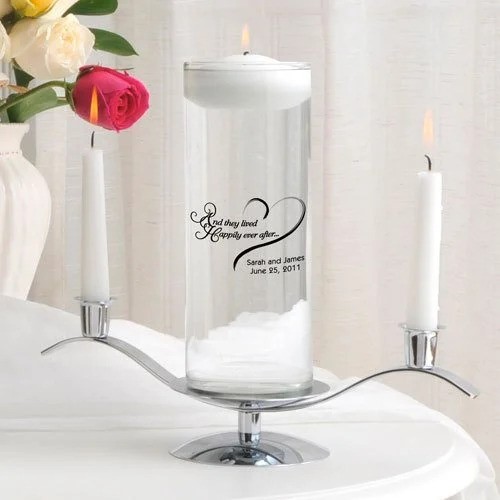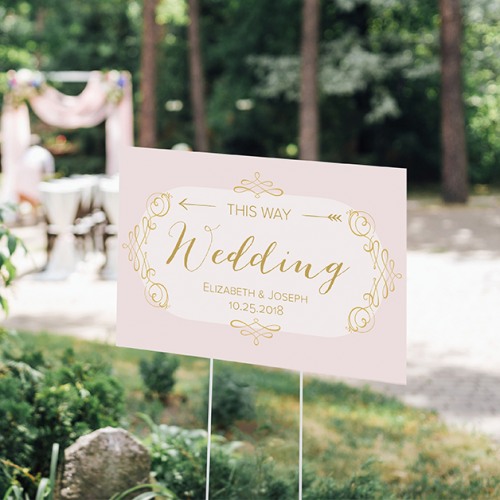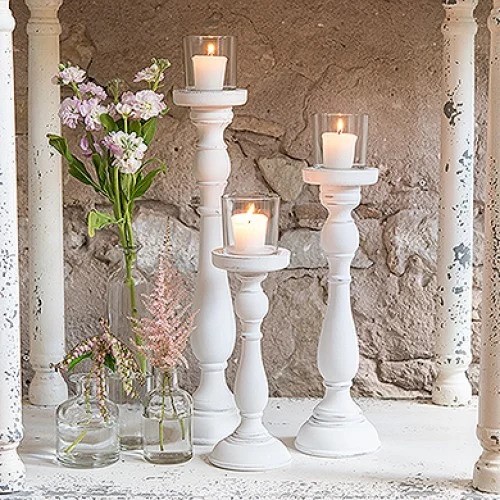Wedding Ceremony Outline – What Can You Expect During a Traditional Wedding Ceremony?
On your wedding day, it is a must to follow a wedding ceremony outline. Exchanging vows in front of all your loved ones is the most important part of your wedding day; all the things should be running smoothly and accordingly.
_______________________________________________________________________________
Advertising Disclaimer:
Pamela Kazmierczak (owner of wedding-planning-101.com) is a participant in the Amazon Services LLC Associates Program, an affiliate advertising program designed to provide a means for sites to earn advertising fees through advertising and linking to amazon.com.
On my pages you will find text links and photo links to amazon products as well as other programs I am an affiliate of. I also use other forms of advertising such as google adsense.
If you click to add or purchase an item through a link, I might earn a commission.
_____________________________________________________________________________
Be it a Christian wedding or a civil wedding, you should give importance to your wedding ceremony guidelines. Here's a general wedding ceremony outline guidelines that you can follow during your wedding ceremony.
Wedding Ceremony Outline - Procession or the Entrance to the Wedding Ceremony Place
This should be first on your wedding ceremony outline because this is where the whole ceremony begins. The music starts to play and the bridal party begins to walk down the aisle. The parents are to be seated first, and then the bridesmaid and groomsmen turn to march. After them are the maid of honor, then the ring bearer, then the flower girl. The bride walks lastly making her way to the altar. All these people should perform all their actions down the aisle in a very formal manner, in pace with the accompanying music.
Wedding Ceremony Outline - Greeting and Introduction
After the procession and the bride is standing by the altar, the officiant or the minister will order the guests to sit down; then the groom and bride will hold hands and face each other and the officiant or the minister will welcome them to their wedding ceremony.
The officiant or the minister welcomes all of the guests after welcoming the couple and when everyone has taken his or her position. The welcoming speech and how long it's going to last depends on the arrangements made beforehand. It may be a short "thank you" or a story about the couple to be wed. The officiant on minister may also include a reading or a brief sermon.
Wedding Ceremony Outline - Statement of Intention
The officiant or minister announces that the groom and bride are about to be married and that they will proceed to the wedding vows on their own free will. He will also speak about the duty and devotion that comes with marriage.
Wedding Ceremony Outline - Question of Intent
The officiant or minister asks the groom and bride about their intent on marriage. The question is usually phrased: "(Groom/Bride) do you choose (Bride/Groom) to be your (wife/husband), companion and friend, and do you promise to love (her/him), respect (her/him) and accept (her/him) as your equal through all of the changing circumstances of your life together? If so, say, 'I do'."
Wedding Ceremony Outline - Blessings of the Families and Friends
The officiant or the minister asks the congregation to bestow their blessings to the groom and bride as a couple. The officiant or minister asks them, "Do all of you give your blessing to this marriage? If so, say 'we do'"
Wedding Ceremony Outline - Marriage Vows
This is the most emotional part of the ceremony wherein the couple expresses their love for each other in front of the whole congregation. They declare promises to each other that they can read on a prepared note or from personal thoughts. Sometimes the officiant or minister is the one who writes these vows for the groom and bride.
Wedding Ceremony Outline - Exchanging of Rings
This follows after the vows immediately. Each of the couple takes his/her turn in placing a ring on his/her partner's finger. The ring is placed on the finger next to the pinkie, the ring finger. The ring bearer carries these rings, but sometimes the best man is the one responsible for safekeeping them.
Wedding Ceremony Outline - Symbolic Exchanges
You can include this in your wedding ceremony outline if the ceremony will take place in a church or a place of worship. After the exchanging of rings; together the couple will now light the unity candle, each of them holding a candle, it symbolizes their union as two different individuals in a sacred marriage.
This is only suitable for indoors; if you'll have an outdoor wedding, you can use cords instead of candles. You can also add other symbolic exchanges that will suit the type of your wedding. A modern twist on the unity candle ceremony for outside weddings is a sand ceremony.
Wedding Ceremony Outline - Marriage Pronouncement
The officiant or minister pronounces the couple as husband and wife. A few words of final advice or congratulations are spoken then the officiant or minister makes the final statement, "You may now kiss the bride."
Wedding Ceremony Outline - Presentation
The newlyweds are presented to the congregation by the officiant or minister, thus making the wedding official and known to all.
Wedding Ceremony Outline - Recessional
The bride and groom march back down the aisle, followed by the wedding party and their parents. It is in the reverse procession but more lively and casual.
This wedding ceremony outline is just a guide; you can change it to have your own style. It's your wedding and you have all the means to make it special and unforgettable.
Wedding Ceremony Supplies
Thanks for reading! If you would like to support my work and keep the wedding ideas flowing you can Buy me a cup of coffee.
Leave Wedding Ceremony Outline and go back to Wedding Ceremony
Go Back To Wedding Ideas
